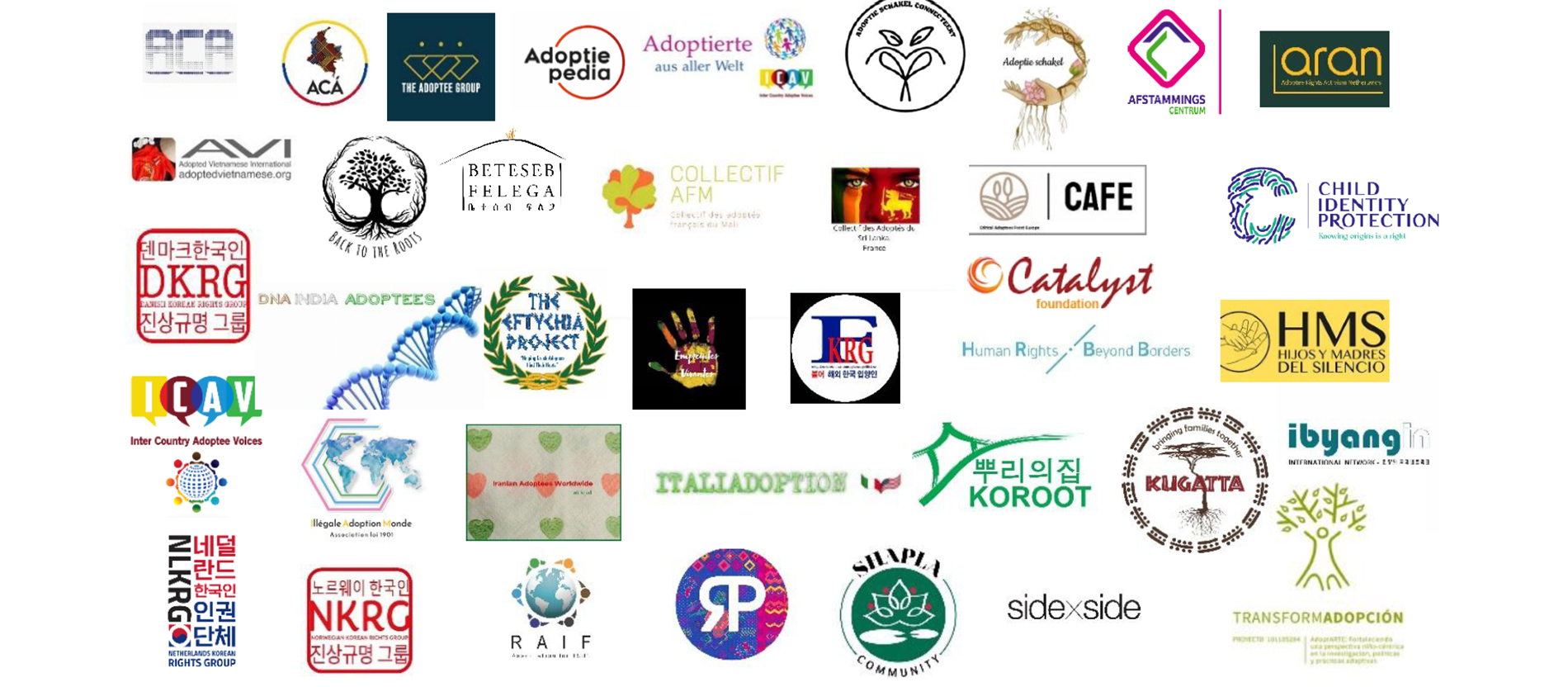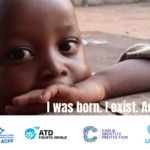
Need to reinforce efforts to respond to systemic illicit intercountry adoption practices[i]
Intercountry adoption (ICA) is designed to be a child protection measure and is recognised as such in international standards, notably the United Nations Convention on the Rights of the Child (UN CRC) and the 1993 Adoption Convention. Thus, ICAs are in principle designed to respond to the rights, best interests and needs of the child concerned. When other objectives influence ICA decisions, illicit practices and violations of children’s rights ensue.
Child Identity Protection (CHIP) and its partners welcome the growing efforts by a number of States to address the systemic nature of past illicit ICA practices in line with their human rights obligations. Such efforts align themselves with, inter alia, the routine recommendations of the CRC Committee and Committee on Enforced Disappearances to States Parties, the conclusions and recommendations of all Special Commissions operating under the 1993 Adoption Convention since their inception, the 2016 UN SR on sale and sexual exploitation’s study on illegal adoptions and the 2022 statement on illegal ICAs by all relevant UN experts.[ii]
In response to the ongoing confirmations of illicit practices, both receiving States and States of origin have imposed moratoriums on ICAs, which have intensified over the last few months. CHIP and its partners call on all relevant States to accelerate their efforts to respond to the systemic nature of illicit ICAs in line with their human rights obligations including the establishment of truth, apologies, access to justice and effective remedies, as well as guarantees of non-recurrence. We stand ready to support States to ensure that every adoptee has a full, accurate and accessible identity. Where sale and other illicit practices have occurred, States should establish appropriate remedies and sanctions for those involved. Remedies should also in principle be provided to families of origin that have been illicitly separated from their children. Where there is evidence of such separation, State obligations to investigate are not necessarily dependent on the decision of an adoptee to conduct a search for origins. Only in restoring the child’s identity at birth and that of their birth family, can the child fully enjoy their right to identity in family relations as foreseen in the Art.8(2) CRC and other human rights.
[i] Prepared by Child Identity Protection (www.child-identity.org) with input from Maud Buquicchio, Nigel Cantwell, Lynelle Long and David Smolin
[ii] United Nations Human Rights Bodies and Special Procedures (2022) Joint statement on illegal intercountry adoptions https://www.ohchr.org/sites/default/files/documents/hrbodies/ced/2022-09-29/JointstatementICA_HR_28September2022.pdf
- 10 February 2025





